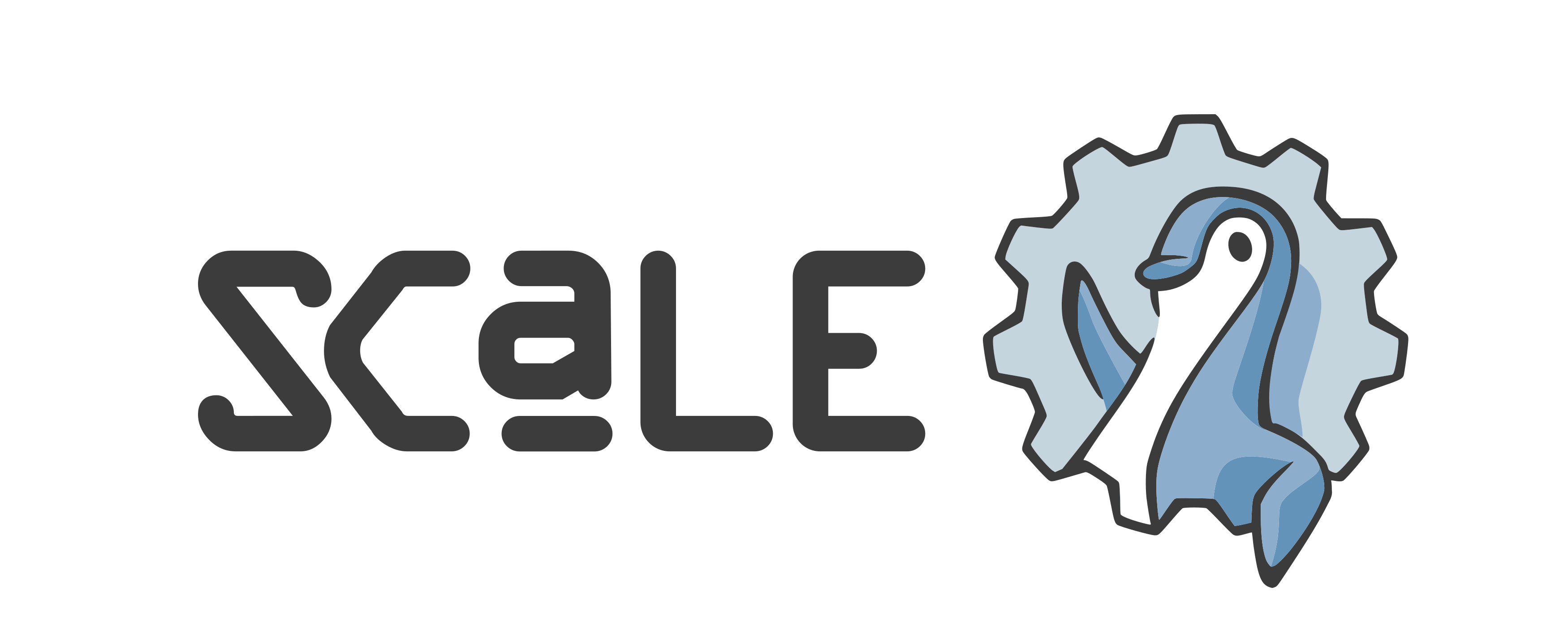Presentations


There are a lot of different secret management technologies around nixos, like sops-nix, agenix, etc. All of them still require to manually generate and encrypt secrets though. So we are happy to announce the missing piece to have full declarative services with zero user interaction: NixOS vars (name will maybe change :))

Learn more about OpenStack as a whole, the different services and how to get involved.

Navigating application instrumentation and monitoring can be challenging. In this presentation, I will share my journey as a Go developer using OpenTelemetry to collect and visualize telemetry data, while also explaining some of the underlying mechanisms.
Although OpenTelemetry is a widely adopted open-source solution, its implementation requires several key steps: instrumentation, data extraction, storage selection, and visualization. I will break down these steps and demonstrate how using the Grafana ecosystem makes it easier to get started with OpenTelemetry.


Kubernetes is a declarative-first platform where manifests written in YAML describe what resources should exist in the cluster and on the nodes. Yet many new users will use imperative processes, running `kubectl apply` either manually or through CI, to define and change the state of their cluster. This approach is known as the “push” model, and while it works initially, it does not scale as more users adopt the platform. Without a shared understanding of the desired state, it’s impossible for teams to collaborate and make changes safely.

Anyone who has used the Ingress resource in Kubernetes for any length of time knows that it is lacking in flexibility and, as a result, has resulted in just about every ingress-related project creating their own bespoke resource types or complex set of needed annotations. Gateway API is the community’s answer to alleviating this pain. This talk will dive into my experiences utilizing it with Traefik for north-south traffic instead of Ingress and IngressRoute resources and with Linkerd to enhance visibility and flexibility of the east-west traffic traversing the service mesh.
Data is the backbone of digital interactions and ensuring provenance and ownership is critical for security, privacy, and trust. David Grantham, CEO of Cryptid, will explore the challenges of verifying data authenticity, licensing data access, preventing manipulation, and enabling user control in decentralized systems. Drawing from his work at Cryptid Technologies, Hyperledger, and Polygon, he will discuss cryptographic techniques, zero-trust architectures, and decentralized identity frameworks that empower individuals and organizations to secure, track, and assert ownership over their data.

Drug side effects are a leading cause of morbidity and mortality worldwide, highlighting the need for improved detection and analysis methods. Large language models (LLMs) have emerged as powerful tools for generating human-like text. Yet, their knowledge is limited by black-box training data, they are prone to hallucinations, and they often lack domain-specific knowledge. Here, we propose two architectures integrating domain knowledge about drug side effects into a Llama 3-8B Language Model through Retrieval Augmented Generation (RAG) and GraphRAG.
Attendees will explore the potential of open-source AI solutions in this presentation and/or demo. We'll dive into practical demonstrations using the LLaMA-Factory library to finetune open-sourced models (e.g. qwen, llama). We will also showcase how to efficiently host and serve these models on vLLM. This session aims to empower practitioners to move past proprietary AI providers by leveraging several open-source frameworks. Key benefits include full control over model behavior, cost efficiency through self-hosting, and the ability to tailor models using advanced fine-tuning techniques.

MySQL Shell is a modern CLI for connecting to, and interacting with, MySQL Instances. But there is so much more!! In this session we will demonstrate some of the cooler, but lesser-known, features of MySQL Shell. These features include, but are not limited to: creating sandbox instances for testing, managing MySQL replication, and dumping data to (and loading data from) a cloud storage bucket.

Scarab is an open-source environmental monitoring robot designed to collect real-time data on air and water quality. Built from repurposed parts, Scarab was inspired by insect movement, WWII aircraft designs and the need for air quality monitoring after the 2023 wildfires. Its sensors detect various gases in the environment, making it a tool for climate research. This presentation will explore Scarab’s build process, the importance of open-source technology in environmental science, and how anyone can contribute to global sustainability through DIY robotics.
